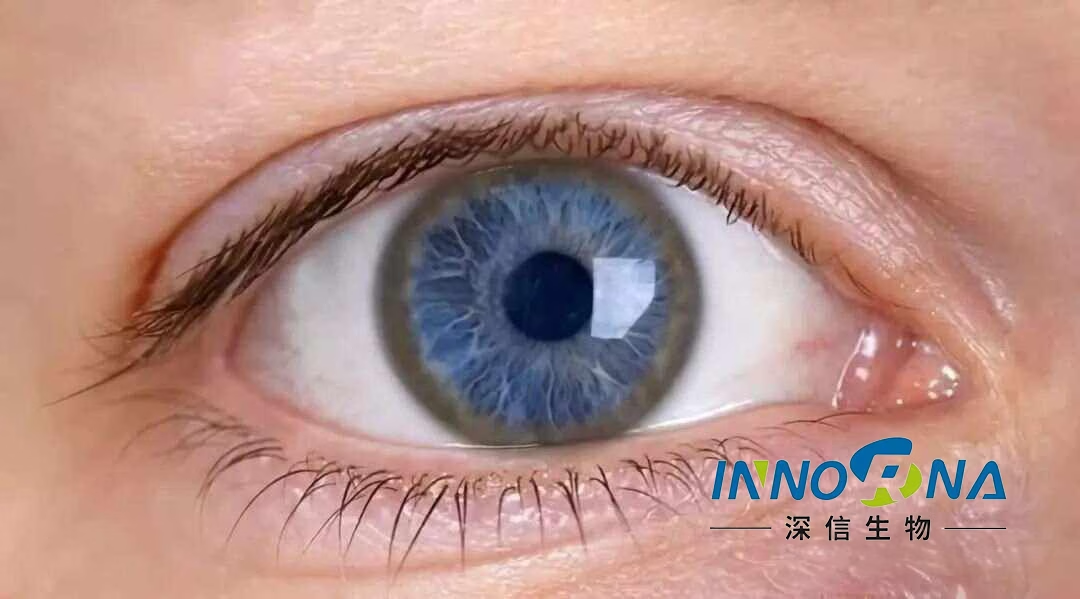Shenzhen-based Innorna Co., Ltd, a platform company leveraging mRNA and lipid nanoparticle (LNP) delivery technologies, announced that its IN013 has received Rare Pediatric Disease Designation (RPDD) from the U.S. Food and Drug Administration (FDA). The mRNA drug is designed to treat hepatolenticular degeneration (HLD), also known as Wilson’s disease, a rare genetic disorder.
Drug Profile and Mechanism
IN013, developed via Innorna’s mRNA-LNP platform, aims to restore functional ATP7B protein levels in patients with Wilson’s disease. The therapy directly targets copper accumulation in the liver, brain, and cornea by reducing copper ion buildup and alleviating systemic symptoms. The FDA’s RPDD underscores the drug’s potential to address an unmet medical need in pediatric patients.
Wilson’s Disease Overview
Wilson’s disease is a rare, autosomal recessive disorder caused by mutations in the ATP7B gene, leading to impaired copper excretion. The condition can result in severe liver damage, neurological symptoms, and corneal deposits, often requiring lifelong management. Current treatments focus on copper chelation and dietary restrictions, but IN013 offers a novel mRNA-based approach to restore protein function at the source.
Strategic Significance
The RPDD grants Innorna eligibility for priority review vouchers upon FDA approval, accelerating IN013’s path to market. The designation also validates Innorna’s mRNA-LNP platform, which the company plans to expand into other rare genetic diseases.-Fineline Info & Tech
